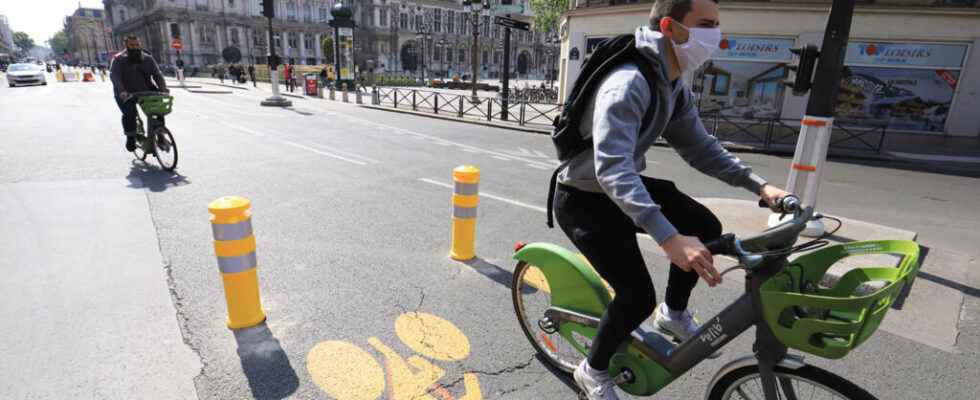The EU has long sought to play the role of leader of the ecological transition. To do this, the 27 want to achieve carbon neutrality by 2050. But not all the member countries of the Union are always going in the right direction.
A new investigation by the European Commission reveals that theIreland is the 2nd European country where people depend the most on cars (after Cyprus). More than 75% of Irish people take the car for their daily trips, while the European average is 47%. The results also show that Ireland is one of five EU countries where car dependency has increased over the past three years. This is a report from Laura Taouchanov.
A year ago, theAustria launched an unlimited pass for trains and public transport: the Klimaticket. Review of the operation with our correspondent in the Austrian capital, Celine Beal.
The train, bicycle, taxi can be part of the solutions to reduce the carbon footprint of cities.
In Spain, in Barcelona, the town hall has decided to create a public application for all the taxis in the city, these famous yellow and black taxis, which too often run empty. The details ofElise Gazengel.
To achieve carbon neutrality, the EU has a roadmap, the fit for 55 which sets the main objective of reducing average greenhouse gas emissions by at least 55% over the next decade. And the development of electric cars is one of the preferred means of achieving this objective.
For a very long time, the question of the autonomy of these vehicles appeared as an obstacle to the growth of this sector. A challenge that the Portugal, which currently has 20 charging stations for every 100 km of road. This is a report from Marie-Line Darcy.
In a nutshell: Ringtausch (Germany)
An exchange of alliances, rather used at weddings therefore has taken, in recent months, a new, more warlike dimension in Germany. Delphine Nerbollier.
